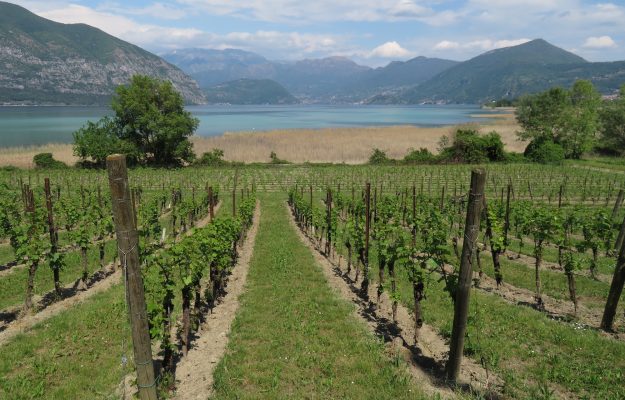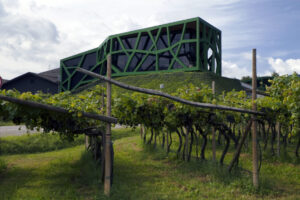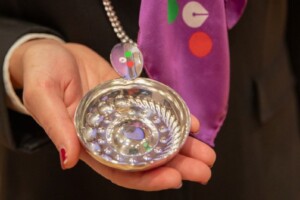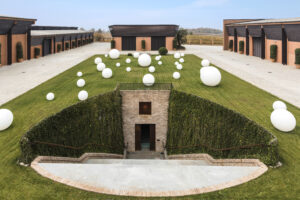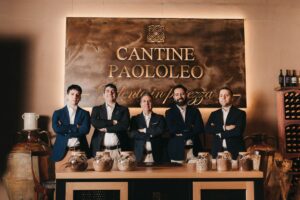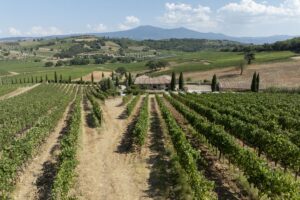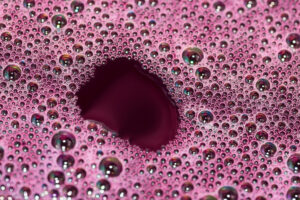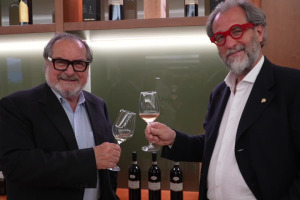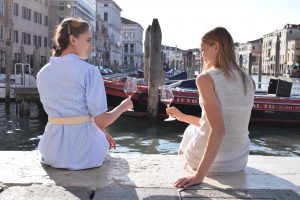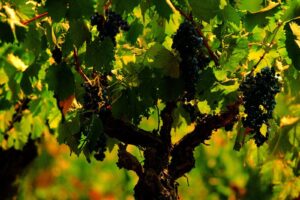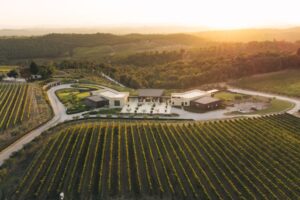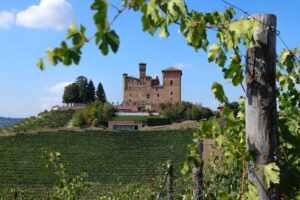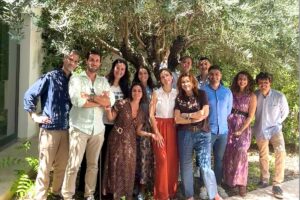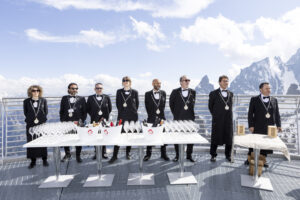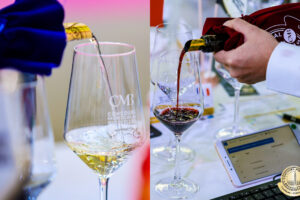In a historical moment when consumer attention to the environment has significantly increased, with a demand for increasingly sustainable products and codes of conduct, the temptation to succumb to greenwashing, using words and concepts incorrectly, is also growing to keep up with the trend. However, sustainability is only real if it can be measured: this is why, in the wine world, there is a trend among the most serious producers to become a Benefit Corporation, an innovative legal form in which the concept of sustainability is incorporated into the statute, and to the profit goals, there are other objectives added, aimed at the well-being of the community and the environment. Last, but not least are Ricci Curbastro, the first Benefit Society in Franciacorta, and Cecchetto from Treviso, but there are already many Italian wineries that have decided to believe in the territory and social issues. A trend we had already talked about, and that is now involving wineries from all regions: from Avignonesi, the signature of Vino Nobile di Montepulciano, to the Perlage Winery, owned by the Nardi family, in Farra di Soligo, in the land of Conegliano Valdobbiadene Prosecco Superiore Docg, from the Irpinia brand Feudi di San Gregorio; from the Pizzolato Winery, a leading Venetian company in the organic segment, to the Cielo e Terra Winery, which was born in Veneto from the union of the Cielo family and the winemakers of the Cantine dei Colli Berici; from Tasca d’Almerita, a historic Sicilian winery, to Podere La Pace, a boutique winery on the Tuscan coast.
The term Benefit Corporation refers to entities that, in carrying out an economic activity, in addition to the purpose of dividing its profits, pursue one or more goals of common benefit and operate in a responsible, sustainable and transparent manner towards people, communities, territories and the environment, cultural and social assets and activities, bodies and associations and other stakeholders. This legal form was established by the 2016 Stability Law and represents a new economic model.
Ricci Curbastro, one of Franciacorta’s most well-known wineries, became a Benefit Company in spring 2023, incorporating into its corporate purpose, in addition to profit goals, the goal of having a positive impact on society and the biosphere. It is the first in Franciacorta to take this approach: “We are proud to have embarked on the path of sustainability in unsuspecting times, as evidenced by the fact that what we are presenting today is the sixth edition of the annual Sustainability Report - says Riccardo Ricci Curbastro, owner of the company - a report demonstrating how sustainability makes sense only if it is measurable; if data is collected and compared over time; if concrete answers are provided to the various aspects of improving our activities while reducing our environmental impact; if numbers and data are certified by a third party using a certification scheme like Equalitas. And not by chance, therefore, our certificate of sustainability closes the balance sheet”. Since 2017, the winery has been among the top nine companies in Italy, and first in Lombardy, certified as a “Sustainable Company” according to the Equalitas standard for its commitment from an environmental, economic and social point of view.
“The growth of 2022 also meant the possibility of investing further in favour of sustainability”, adds Filippo Ricci Curbastro, “as well as carrying forward the choices of previous years, which envisaged the reduction of the weight of the bottles and the use of “zero” emissions caps”. We have, in fact, purchased a new system for sanitizing barrels and barriques in order to optimize the management of water for washing and sanitising. Furthermore, during the year, the possibility of using new capsules made entirely of Pet, recyclable with plastic materials, as an alternative to the traditional PVC heat-shrinkable capsules to be disposed of in undifferentiated waste emerged. The process of adopting this solution is in progress and is concurrent with the depletion of existing stocks. For the “capsuloni” of Franciacorta, where to date there is still no completely recyclable solution, we opted for the use of a model produced with over 40% recycled plastics”. In 2023, the company plans to invest more than 42,000 euros to improve the already existing photovoltaic system, with storage for 30.3 KwH, bringing the company’s production capacity to more than 100 KwH and allowing it to heat and cool offices and points of sale without using external energy (gas or electricity). Another significant financial commitment will be made for the digitization and cataloguing of the Wine Museum’s archive and library, which will result in a dedicated site for further studying topics and documents, as well as for study purposes: a true “study and research centre” in Franciacorta.
The Cecchetto company, one of the leading brands in the Raboso del Piave area, has taken the same path by adopting the legal form of Benefit Company and incorporating this commitment into its articles of association: a responsible wine business model, attentive to people and to the environment: “I’ve always believed that sharing concretely the way of doing business could be a source of personal growth while also having a positive impact on collaborators and the local communities in which we operate, explains owner Giorgio Cecchetto. As entrepreneurs, we must learn how to give back to our communities rather than just taking”. For Cecchetto, becoming a Benefit Company is another step towards consolidating an important sustainability path begun in 2017. The protection of the territory in which the company now produces its wines, particularly its well-known interpretations of Raboso del Piave, is accomplished through the use of good practises both in the vineyard and in the cellar, but most importantly through dialogue with local communities in order to do business in a shared and inclusive manner. From this vision, the company’s first Sustainability Report was born in 2022, and it was named the best in the Italian small and medium-sized enterprise category by the newspaper “Corriere della Sera”.
Copyright © 2000/2025
Contatti: info@winenews.it
Seguici anche su Twitter: @WineNewsIt
Seguici anche su Facebook: @winenewsit
Questo articolo è tratto dall'archivio di WineNews - Tutti i diritti riservati - Copyright © 2000/2025










